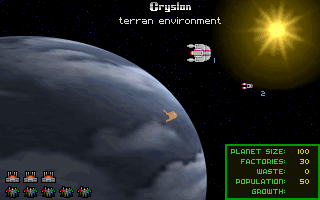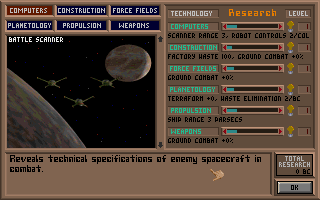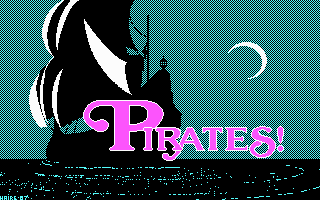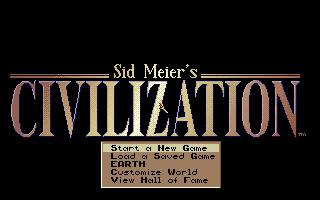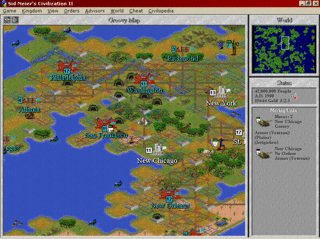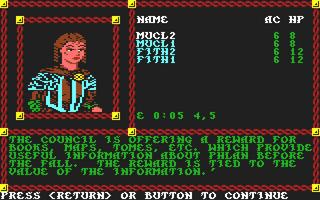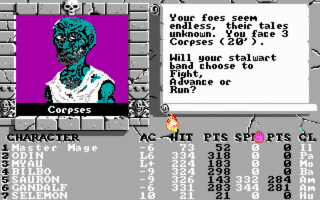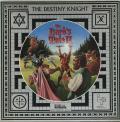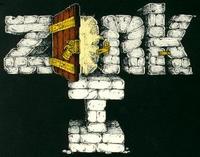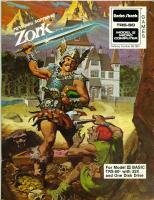Dungeons and Dragons and The World Of Closet Nerds
I admit it, I’m a nerd. I did it all and I’m coming out of the closet. Yes… Let’s go over my nerd check list. Dungeons and Dragons… Check… All night sessions of RISK… Check. Magic: The Gathering… Check. Well, you get the picture, I could go on, but it suffices to say if there is a nerdy thing to do, I did it. The funny thing is that many people out there come from the same world that I do, far more then you might expect. Out of the many closet nerd things to do however none puts a bigger stamp in your nerd passport then Dungeons and Dragons. Would it surprise you to know that Dungeons and Dragons for example has been around since 1974? Did you know that over 20 million people have played dungeons and dragons world wide according to a recent BBC news study since its release? Did you know that it continues to this very day to suck up the lives of millions of people around the world?
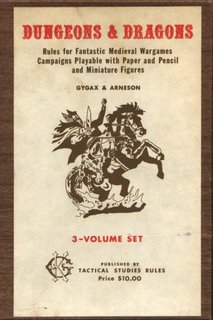 Dungeons and Dragons is far bigger then most people realize but because of this nerd stigma that has been placed on it, it continues even today to be a more or less an underground, cult style hobby. It’s completely uncool to admit that you play dungeons and dragons, despite the fact that over 20 million people play it. It has played an enormous role in popular culture with countless books, cartoons, movies, magazines and anything else you can think of dedicated to one of the worlds unusual hobbies. It’s amazing with all the history and the impact to popular culture that D&D has had there are so many people completely oblivious to what it’s about and what the attraction to this pretend world really is. The next few articles are going to be dedicated to this unusual and exciting game which is at the very core of every aspect of gaming today.
Dungeons and Dragons is far bigger then most people realize but because of this nerd stigma that has been placed on it, it continues even today to be a more or less an underground, cult style hobby. It’s completely uncool to admit that you play dungeons and dragons, despite the fact that over 20 million people play it. It has played an enormous role in popular culture with countless books, cartoons, movies, magazines and anything else you can think of dedicated to one of the worlds unusual hobbies. It’s amazing with all the history and the impact to popular culture that D&D has had there are so many people completely oblivious to what it’s about and what the attraction to this pretend world really is. The next few articles are going to be dedicated to this unusual and exciting game which is at the very core of every aspect of gaming today.The word role-playing usually conjures up images of strange sexual encounters setup by a couple who has grown completely bored of their sex life and although that frightens me, dungeons and dragons role-playing is a quite a different thing but is at the heart of this mysterious hobby. In dungeons and dragons you create an imaginary character that will represent you in an imaginary world, which will in turn be created by the Dungeon Master (The host of the game). The dungeon master in addition to creating the world, creates a story plot in which your characters will get involved, having the task of resolving the plots conflict. In many ways it’s like a movie or book that you and your friends will play out except that no one really knows the outcome. The dungeon master knows what everyone in the story will do except the players who are in control of their own characters and act as they wish, guided only by the characters background which they create before the game begins. Confused? Let’s try break it down some more.
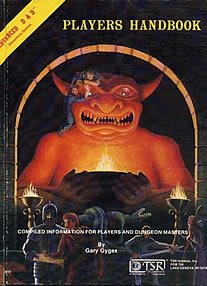 It’s really simple, characters, just like in books or movies need to have substance. A personality, a background and an appearance, these aspects define a person that you can imagine and during the “character creation” step which happens prior to playing the game you decide what kind of person you want to be in this imaginary world you are about to step into. Just like in books or movies you create this character by writing down specifics of your characters life, including statistics about your characters abilities based on rules using a game system outlined in the many dungeons and dragons books. This short story and statistics will from that point on be your guide on how to appropriately role-play (there is that word) your character in the game and what he is capable of doing. In essence, you create him anyway you want, but once the game starts you are bound by what you have written down. If for example you make your character an insensitive sexist brute with great strength and fighting ability, you will have to role-play your character in that fashion despite anything that occurs in the story and you will be limited by his abilities. It may seem simple, but it can be quite a challenge depending on the circumstances of the story, which brings me to the second aspect of the game.
It’s really simple, characters, just like in books or movies need to have substance. A personality, a background and an appearance, these aspects define a person that you can imagine and during the “character creation” step which happens prior to playing the game you decide what kind of person you want to be in this imaginary world you are about to step into. Just like in books or movies you create this character by writing down specifics of your characters life, including statistics about your characters abilities based on rules using a game system outlined in the many dungeons and dragons books. This short story and statistics will from that point on be your guide on how to appropriately role-play (there is that word) your character in the game and what he is capable of doing. In essence, you create him anyway you want, but once the game starts you are bound by what you have written down. If for example you make your character an insensitive sexist brute with great strength and fighting ability, you will have to role-play your character in that fashion despite anything that occurs in the story and you will be limited by his abilities. It may seem simple, but it can be quite a challenge depending on the circumstances of the story, which brings me to the second aspect of the game. Once the characters are created, the Dungeon Master is then responsible for creating a world in which these characters will live and the story that they will get involved in. It’s really the toughest job and it’s the reason that the Dungeon Master is usually the most dedicated of the players. He’s also the host of the game and in charge of making sure the rules are followed, using the almighty dungeon master rule book. The story will be created around the characters you and your friends have created and will usually make you the center pieces of the plot. It will be designed to challenge the characters in ways that will hopefully surprise and entertain you. When the game begins, the dungeon master will describe everything about the world, the location were you currently are and any important events that are happening. Then you are cut loose into this imaginary world role-playing your character anyway you want, bound only by your imagination and the limitation of your characters life story and abilities.
Once the characters are created, the Dungeon Master is then responsible for creating a world in which these characters will live and the story that they will get involved in. It’s really the toughest job and it’s the reason that the Dungeon Master is usually the most dedicated of the players. He’s also the host of the game and in charge of making sure the rules are followed, using the almighty dungeon master rule book. The story will be created around the characters you and your friends have created and will usually make you the center pieces of the plot. It will be designed to challenge the characters in ways that will hopefully surprise and entertain you. When the game begins, the dungeon master will describe everything about the world, the location were you currently are and any important events that are happening. Then you are cut loose into this imaginary world role-playing your character anyway you want, bound only by your imagination and the limitation of your characters life story and abilities.There is far more to it then that, but if there was a simple description of the game, I think that was it. The heart of the game really is in the role-playing and the adventures that the story plot created by the dungeon master presents. Fortunately for the less imaginative there is enough source material (books) out there so that you don’t necessarily have to create your own world or even your own story. Books, magazines, maps, story modules (adventures created so you can get into the game faster) and of course a enormous gaming community at your finger tips makes this game far more accessible. I will probobly do more articles in the future about role-playing game but to me none carry the quality and nastalgia of Dungeons and Dragons.
